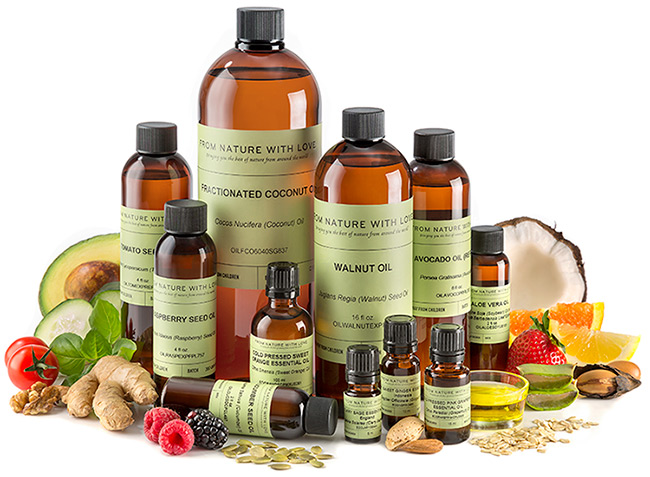Save 20% on Qualifying* Products Sitewide
During Our Summer Sale Event!
Use Code SUMMERSALE25 with $49 Minimum Order
*Offer excludes the largest bulk sizes and items already on sale
Sale ends July 18, 2025 at 12:00 p.m. (Noon) Eastern Time.
Also automatically earn FNWL Rewards valued at 10% of your merchandise subtotal!
Skin & Hair Care Ingredients View Festive and Beneficial Seasonal Themed Ingredients:
Valentine's Day Themed Ingredients View Our Complete Line of We are a member of the Organic Trade Association, and we have obtained |
Do You Have Product Questions?
Our goal is to empower every customer with the knowledge needed to make informed and confident product decisions.


Clicking the button above should open your email application.
If it doesn’t, you can reach us directly at productsupport@fromnaturewithlove.com.
“I am completely thrilled with the service and product that I have received from your company.”
LynnMarie Whitt, Newark, DE



